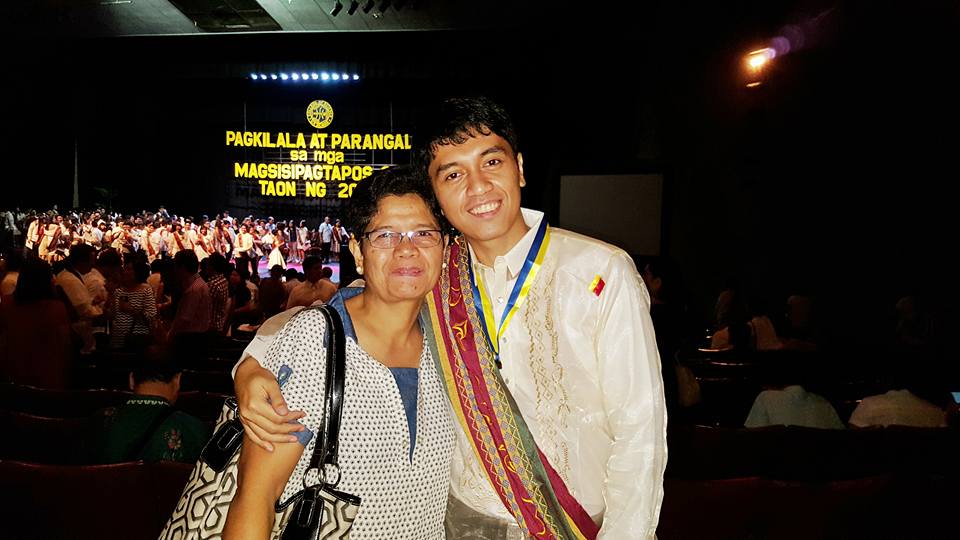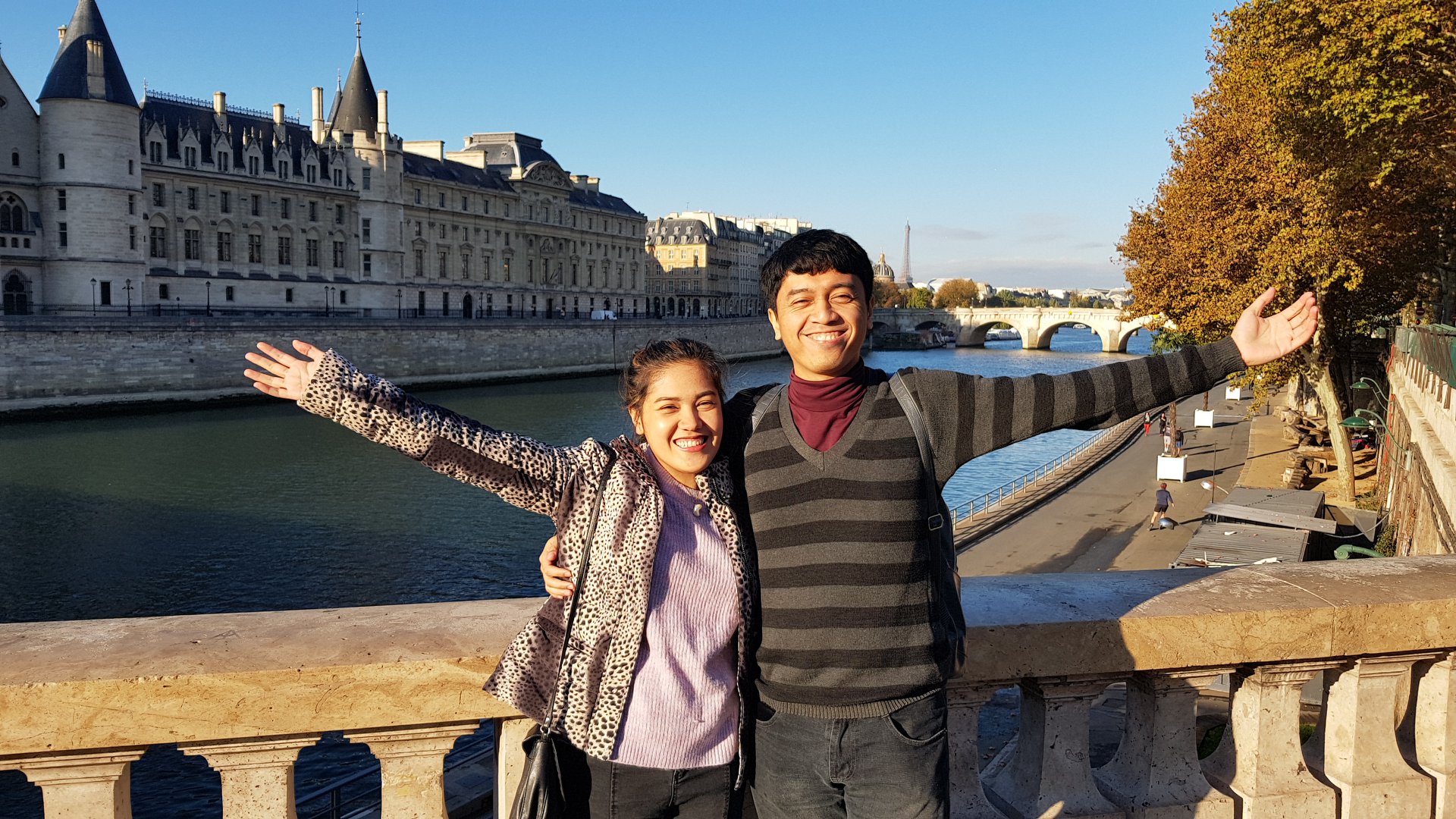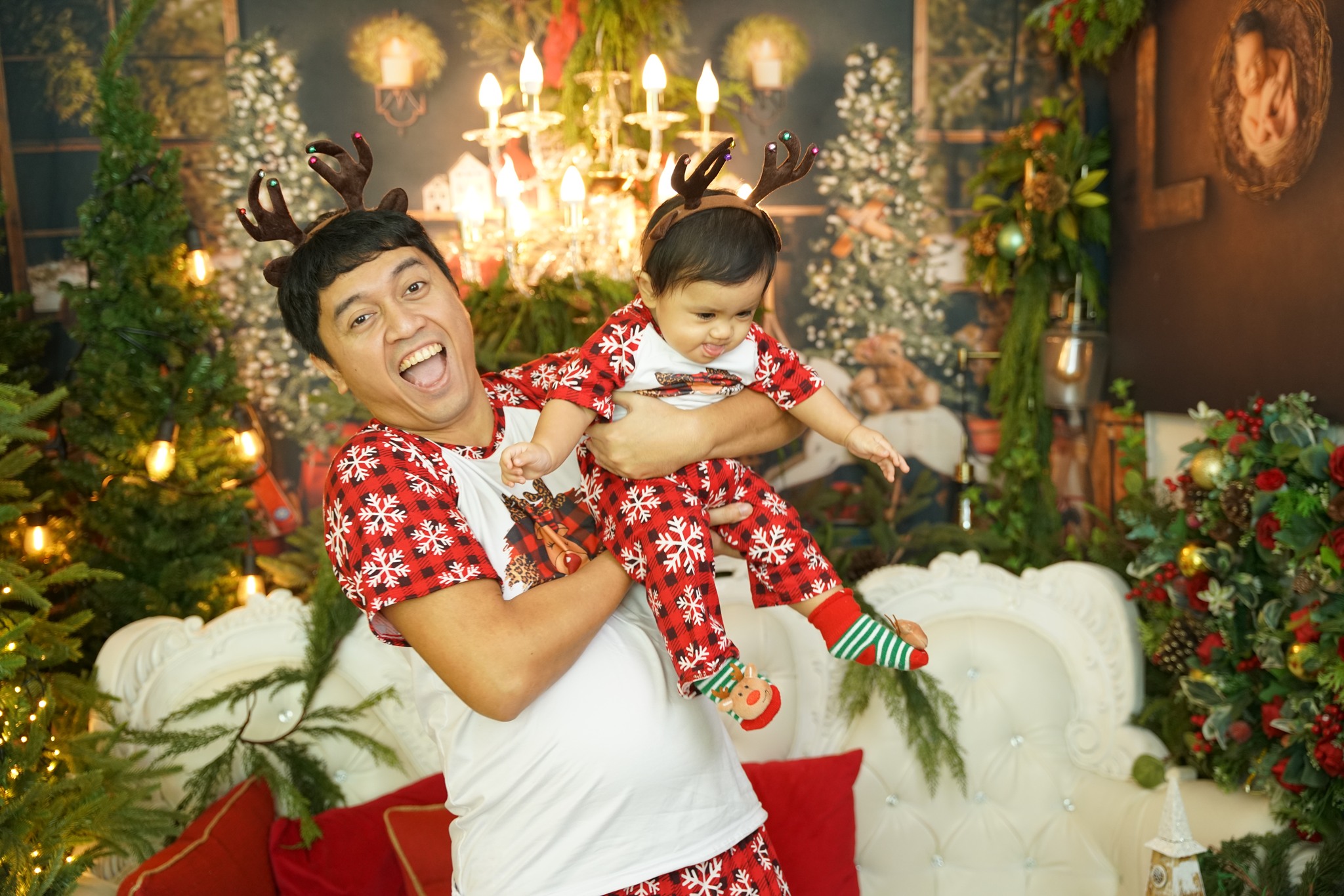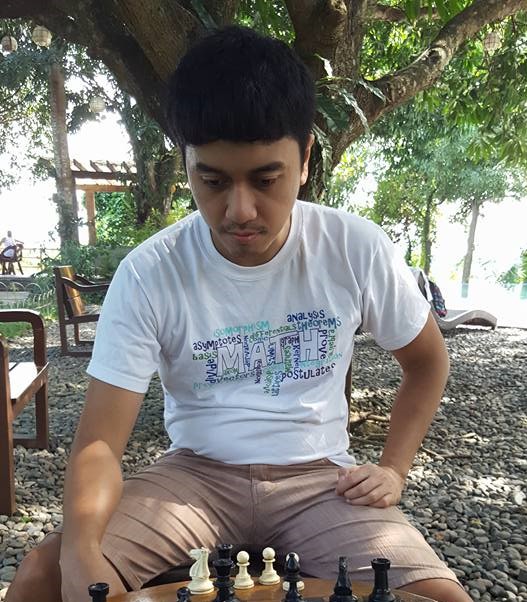
Ulyses Solon
News
Work
AI Developer / Manager / Capgemini Philippines Corp.
Aug 2025 - Present
Collaborated with cross-functional teams in ideation sessions to design AI-driven workflows and build intelligent applications. Participated in both internal and external hackathon competitions to develop and showcase Generative AI solutions aligned with business and client objectives.
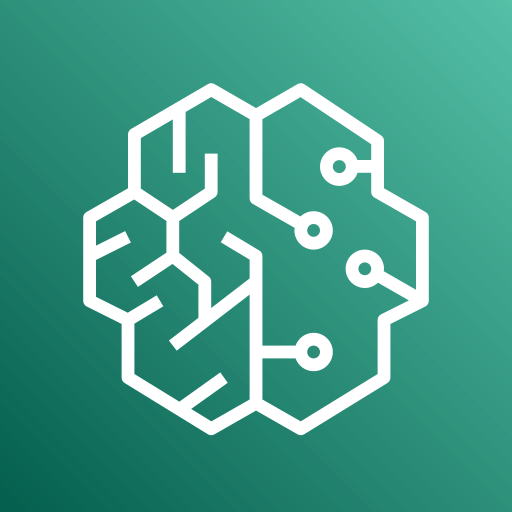
Development Team Lead / Accenture Inc.
Jun 2024 -Present
Lead developers, providing mentorship and fostering a collaborative environment to enhance team performance and skill development. Oversee the design, development, and deployment of AI-driven solutions, ensuring adherence to best practices in technical architecture and coding standards. Drive the technical strategy and architecture for scalable and efficient database design and cloud infrastructure, leveraging advanced tools and methodologies. Coordinate cross-functional requirements, working closely with stakeholders to align technical objectives with business goals.
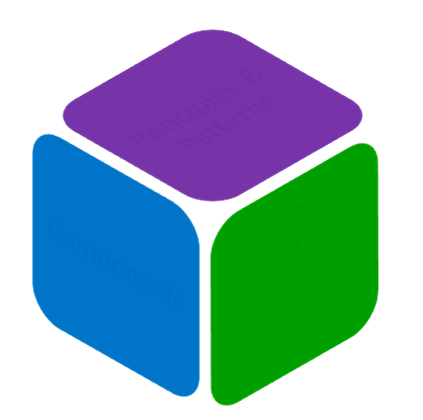
AI Developer / Accenture Inc.
Aug 2023 - Jun 2024
Developed a web app solution with integrated chat functionality, leveraging Retrieval-Augmented Generation (RAG) for advanced knowledge querying from user-uploaded databases. Responsible for coding, testing, and deploying code in the MS Azure Cloud environment under the Serverless architecture framework. Successfully transitioned the solution from company internal use to client projects, securing paying customers.
Researcher/Instructor / Institute of Mathematics, University of the Philippines Diliman
Aug 2014 - Jun 2023
Co-authored 5 peer-reviewed academic publications and presented research findings at international conferences. Mentored over 1000 students, receiving an average to strongly positive feedback from 98% of mentees. Organized talks and meetings with faculty members, fostering collaborations with external institutions.
Portfolio
Ano Ulam?: AI-Powered Filipino Meal Planning Web App
Ano Ulam? is a full-stack AI-powered web app that simplifies meal planning and grocery shopping by suggesting recipes based on available ingredients or generating shopping lists from a chosen dish. Built with a FastAPI backend and a responsive Next.js frontend, it integrates Google's Gemini AI to recommend localized Filipino recipes and cooking instructions, and uses the Cloudinary CDN to fetch relevant dish images. Users can filter by dietary preferences (e.g., vegan, gluten-free), view step-by-step instructions, and reduce food waste through personalized recommendations. The project emphasizes user experience, food accessibility, and intelligent automation in daily cooking.

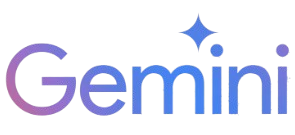

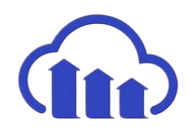
QR Code Generative Imaging: Exploring ControlNet with Stable Diffusion
QR Code Generative Imaging explores the innovative combination of functional QR codes with artistic image generation using the Stable Diffusion neural network model and ControlNet. This project aims to create visually compelling images conditioned on QR code inputs, balancing aesthetics with functionality. By employing the AUTOMATIC1111 Stable Diffusion GUI and leveraging various checkpoints like Dreamshaper and RevAnimated, diverse styles and outputs were tested. Despite initial challenges, including significant processing times, the project successfully generated scannable QR codes embedded within intricate designs. These outputs have potential applications in enhancing the visual appeal of digital and physical presentations, adding a decorative element while maintaining QR code functionality.
NBASeriesML: Predicting Game 7 Outcomes in NBA Playoffs
NBA Series ML is a machine learning project that predicts outcomes of NBA Game 7 matchups using logistic regression trained on point differentials from 147 historical games. Initially applied to the 2023 Celtics–Heat series with a 55% Miami win prediction, the model was later extended to analyze the 2025 Oklahoma City Thunder–Indiana Pacers finals, outputting a 71% win probability for OKC. The model is implemented in Python with NumPy and trained via batch gradient descent, using six-game input vectors. This project showcases how data-driven approaches can enhance forecasting and strategy in professional basketball through interpretable statistical modeling.

Education
Université de Pau et des Pays de l'Adour
Sep 2018 - Sep 2021
Doctoral Candidate (unfinished)
University of the Philippines, Diliman
Jun 2012 - Jan 2016
Master of Science in Mathematics
Personal
Outside of work, I'm a person with diverse interests, now embracing the responsibility of new fatherhood. I enjoy strategic games like chess and Dota 2, while staying active with basketball and the occasional jogs. DIY projects around the house are a satisfying pastime. My experiences range from childhood summers in San Pablo, Laguna, to staying near the university during my college instructor days, to a few years living in France during the pandemic. Wherever life takes me, I go.
